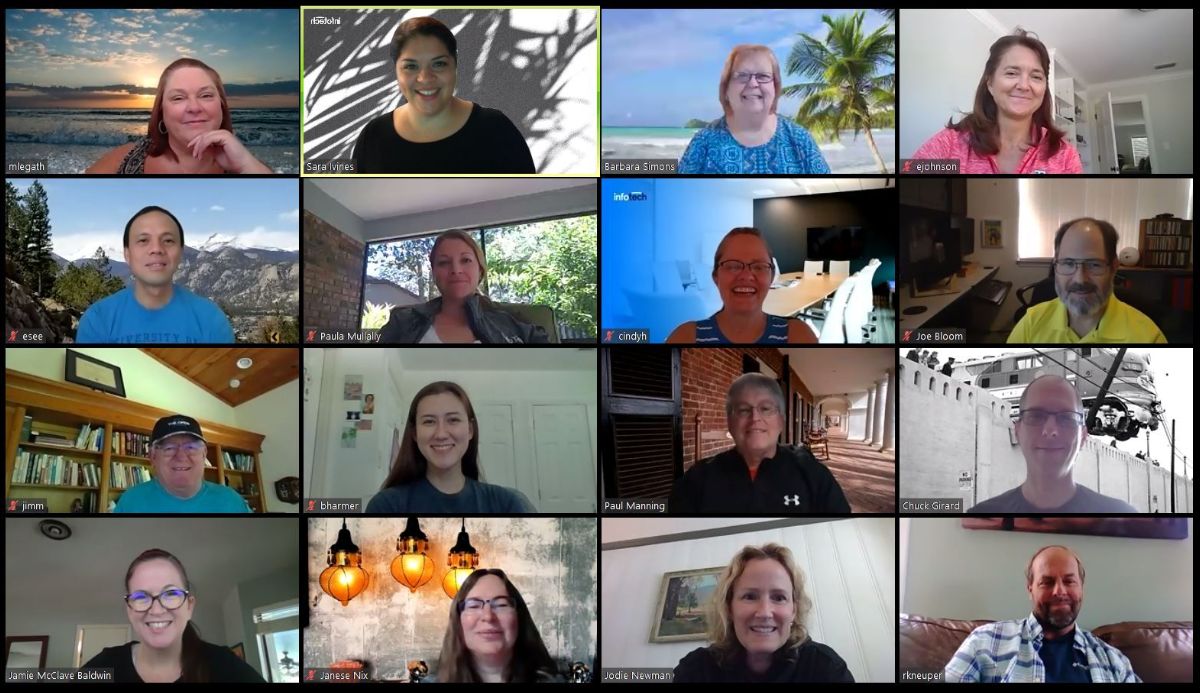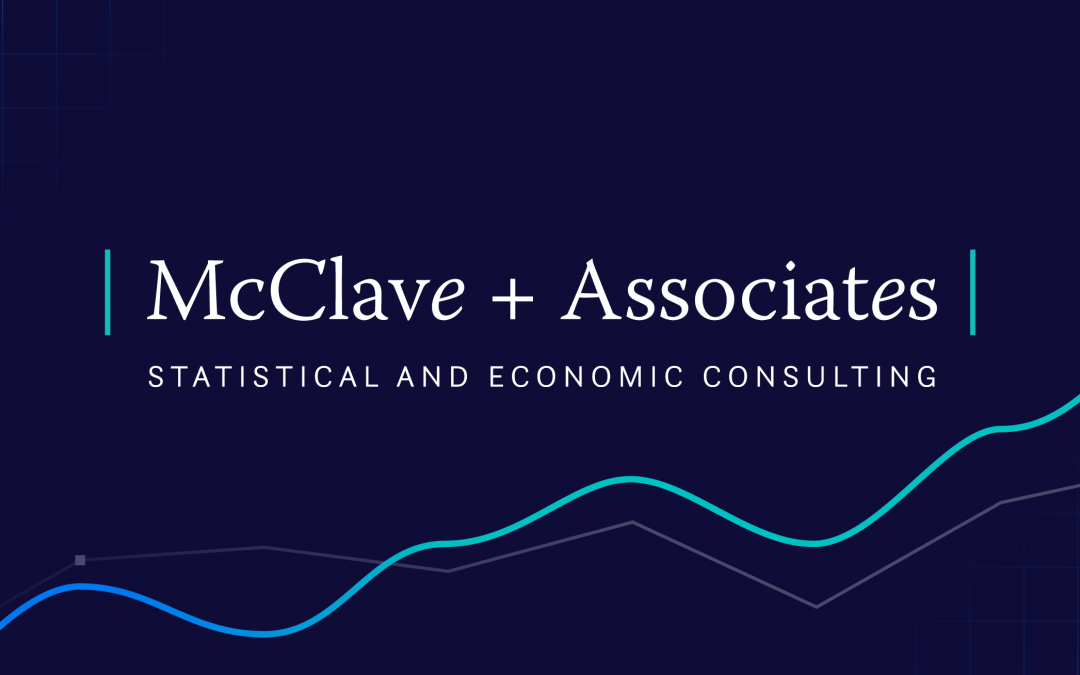 Ask anyone who knows me, and they will tell you that I have always had a plan. I recently graduated from the University of Central Florida with a bachelor’s degree in Statistics. I entered the working world with a sense of optimism and options for my future. I was fortunate to have been able to create a career around a subject I am passionate about. Acquiring an understanding of foundational statistical theory and possessing an entry level amount of technical ability opened the door for me to become one of four consulting interns for Infotech Consulting during the summer of 2020. With every plan, there are variables beyond one’s control. With that notion in mind, I learned a great deal during my internship.
Ask anyone who knows me, and they will tell you that I have always had a plan. I recently graduated from the University of Central Florida with a bachelor’s degree in Statistics. I entered the working world with a sense of optimism and options for my future. I was fortunate to have been able to create a career around a subject I am passionate about. Acquiring an understanding of foundational statistical theory and possessing an entry level amount of technical ability opened the door for me to become one of four consulting interns for Infotech Consulting during the summer of 2020. With every plan, there are variables beyond one’s control. With that notion in mind, I learned a great deal during my internship.
 Imagine learning a subject in depth for years to then find out you were told only half the story. That’s a realization I came to after focusing on the theoretical side of statistics for most of my college experience. In a classical learning environment, you are provided structured problems with unambiguous solutions. In a perfect world, you would have all the information you need at your disposal to solve problems with statistics. Unfortunately, the real world is filled with complex, messy, ambiguous, and sometimes fraudulent information.
Imagine learning a subject in depth for years to then find out you were told only half the story. That’s a realization I came to after focusing on the theoretical side of statistics for most of my college experience. In a classical learning environment, you are provided structured problems with unambiguous solutions. In a perfect world, you would have all the information you need at your disposal to solve problems with statistics. Unfortunately, the real world is filled with complex, messy, ambiguous, and sometimes fraudulent information.
Consulting work is a fast-paced environment that requires constant adaptation. A normal week may involve working with multiple teams on various cases that are completely unrelated. Natural curiosity and a desire to learn for its own sake seemed to be a common characteristic shared by all the consultants. It became clear that understanding the justifications behind theoretical approaches was just as important as correctly applying the technical methodologies.
It was important to me to come into the internship with an open mind. I didn’t want to have expectations based on my own preconceived notions. In retrospect, this was a wise decision. There’s a misconception that learning ends when you complete your formal education, while in reality the importance of keeping an open mind and continuing to engage in learning is key to long-term success. When you enter a field with minimal experience, you are often faced with the challenge of not knowing the right questions to ask. As cliché as it sounds, you don’t know what you don’t know. Being aware of that and striving to never stop learning is imperative in consulting work.
 While often overlooked, I believe preparing for the internship ahead of time played a large role in my success. There is a big difference between academia and the real world. Technical skills in this line of work are critical. I put forward my best effort to ensure my skill set was at the expected level going into the position. Surprisingly, soft skills and the ability to interact and effectively communicate turned out to be just as valuable as any technical skill I learned. The importance of this was underscored when the COVID-19 pandemic hit, and the only option was to work remotely.
While often overlooked, I believe preparing for the internship ahead of time played a large role in my success. There is a big difference between academia and the real world. Technical skills in this line of work are critical. I put forward my best effort to ensure my skill set was at the expected level going into the position. Surprisingly, soft skills and the ability to interact and effectively communicate turned out to be just as valuable as any technical skill I learned. The importance of this was underscored when the COVID-19 pandemic hit, and the only option was to work remotely.
Even when you know what questions to ask after developing a strong foundation, the real way to differentiate yourself is knowing when to ask those questions.
My personal takeaway is that Infotech Consulting is using the strongest tools available to make sense of data in an imperfect world. The statistician George Box said, “Essentially all models are wrong, but some are useful.” Over the course of my internship, it was a humbling experience to get a glimpse into how much I still have to learn. Paired with a new-found appreciation of what it could mean for my future, it was an easy decision. It’s clear that the excitement and fulfillment of consulting work begins only after you’re able to see the big picture and that starts with understanding basic principles.

